|
Over the last 22 years, I have been the director of training programs in which I mentor undergraduate, graduate and postgraduate students. Mentoring and guiding students is my favorite thing to do at work. I have served as mentor to hundreds of students over the years.
Many college students ask me whether they should go to grad school. I never answer that question. It is a big decision for them to make. I do tell them what they can expect in grad school that will be different from college. This can help take some of the shock out of this transition and help students prepare for what's to come in graduate school, for those who decide to go that route. Here are 7 differences between the college and grad school experience:
The bottom line is, successful graduate students need to be motivated and driven from within. It can be hard to transition into this model because students may be used to periodic assessments and short deadlines where they know how they are doing along the way. In graduate school, a long time can pass before you realize that you are not learning all you need to learn or that you have not done all the work needed to complete a dissertation. That is a rude awakening to have after years in grad school. Graduate level education is certainly not right for everyone. It is definitely not right for students who simply go to graduate school as a way to delay a career decision. Graduate school is a huge investment in time and money, so students need to be aware of what to expect. If you are not sure, work for a year or two and then decide and prepare for a very different school experience.
0 Comments
An alumnus of Stanford University and the London School of Hygiene & Tropical Medicine, Amaya Caballero Wittmaack is now a 3rd-year medical student at the University of Virginia School of Medicine and Co-Founder of a data science company, A/B Data Doctors (www.abdatadoctors.com). She was a participant in the 2012 Mount Sinai International Exchange Program that I direct. I placed her to do her internship at the Pediatric Environmental Health Specialty Unit in Murcia, Spain with my colleague Dr. Juan Antonio Ortega. This is the story of how a series of international experiences and the research training that we provided led her to go to medical school and start a data services company. My undergraduate adviser once said to me “it is not just what you do, it is how you do it.” She certainly applied these words to her own life as a proponent of equal rights, founder of the Global Fund for Women, and Nobel Peace Prize Nominee. Her advice helped me go from an 18-year-old idealistic college student to a forward-thinking 28-year-old medical student and business owner of a data science company.
I founded A/B Data Doctors with my husband in 2018 to provide data science expertise to individuals and organizations. We have worked with companies such as Zocdoc.Com, suitX, Skye Biologics, The Khana Group, and others around the world to leverage health-related data to support the design and implementation of evidence-based approaches to improving health interventions and access to healthcare resources. Currently, our organization also provides support to other sectors including private companies conducting market research, education-related organizations, and eHealth start-ups. Our services include data analysis, biostatistics, data visualizations, survey design and dissemination, study design and ethical approval support, and other data science needs. Our long-term vision is to develop our own projects and proposals as well as apply the concept of leveraging healthcare data to improve health systems in the developing world. My experiences thus far have taught me a few lessons.
My roots as an entrepreneur and healthcare worker began when I was a volunteer and non-profit worker. As a premedical student at Stanford University, I spent my free time volunteering with nonprofit organizations such as TeachAIDS, where I helped develop and disseminate HIV prevention education tutorials to youth in low income countries. When I graduated, I remained committed to participating in transformative initiatives, and I was interested in gaining more research experience. I learned about the Dr. Claudio’s International Exchange Program from a classmate at Stanford and decided to submit an application. A few weeks later, I learned that I was selected as a participant for the summer of 2012 in Spain. While at the time I had hoped to be assigned to a project in a low-income country, I later realized that my assignment was an ideal personal and professional development opportunity. As a participant, I traveled to New York City to visit the School of Medicine at Mount Sinai for the program’s orientation. I met with other like-minded students, gained mentorship from Dr. Claudio and alumni of the program, and learned more about health disparities. Then, I flew to Murcia, Spain, where I began my summer research internship at the Hospital of the Virgin of Arrixaca working in the Pediatric Environmental Health Specialty Unit. My project focused on whether maternal breastfeeding habits predicted childhood obesity indicators. I shadowed clinicians, entered data from surveys, collected survey data using phone interviews, analyzed data using SPSS, and presented my results in a manuscript and presentation to my mentor. My experiences in Spain and the opportunity provided by the program shaped my career immediately following my time in Spain and to this day. Conducting research in an international context was invaluable both in developing my professional Spanish language skills and learning how to work in a cross-cultural environment. Having the opportunity to explore Spanish culture on the weekends, completing the famous “Camino de Santiago” pilgrimage, and spending three weeks following the completion of my project traveling around Europe enriched my worldview. Immediately following the program, I was hired by USAID-funded nonprofit organization based in Washington D.C. that promoted family planning, community health, and gender-norm transformation interventions in India, Rwanda, Uganda, and Guatemala. Due to my hands-on experience conducting research in Spain, I pursued training in data analysis and qualitative research—fortunately, Georgetown University’s Institute for Reproductive Health had numerous individuals committed to teaching in these areas. Through this position, I saw the importance of leveraging data to appeal to stakeholders, to obtain funding for critical development programs, and to support initiatives that were both effective and cost-efficient. My passion for evidence-based healthcare continued to grow. Having loved my experiences in Europe, I ultimately decided to return one year later to pursue a master’s degree. I pursued my MS in Epidemiology at the London School of Hygiene & Tropical Medicine to acquire skills in healthcare data analytics. Later, I applied to medical school and am currently finishing my third year as a medical student at the University of Virginia. As a medical student, I continued to pursue opportunities to serve my community. I became a community health organizer where I organized screening programs for homeless residents. I was appointed as the president of the International Medicine Club and promoted our mission to encourage our best and brightest to use their skills in regions with limited healthcare resources. Personally, I was awarded the Center for Global Health Scholars Award to do research and healthcare in a rural center in Tanzania. I also worked for two years doing clinical research, where I helped found my University’s first pregnancy cohort and traveled across the country presenting my research. During my third year of medical school, I founded A/B Data Doctors and am currently applying for the MD/MBA program at the Darden School of Business at the University of Virginia. I aspire to utilize my expertise as a future medical doctor, researcher, and entrepreneur to develop my business into an organization that leverages healthcare data to support initiatives that are both efficacious and cost-efficient. I aim to promote this mission both within the United States and also within developing regions. So this is how I have learned these lessons, through making sense of these experiences to create my own story. Firstly, you never know what opportunities life will throw your way—when they come, use the opportunity to strengthen yourself as much as possible and live out the experience to the fullest. Secondly, in retrospect, everything happens for a reason. I see now how being assigned to the project in Spain with Dr. Claudio’s International Exchange Program was the perfect experience for me, ultimately leading me to pursue other research opportunities, obtain my MS in the UK, become more involved in mitigating health disparities among Spanish-speaking patients, and most likely lead me to apply my skills in founding A/B Data Doctors. Thirdly, remain open to learning from supervisors, mentors, and colleagues—not only will their connections further your long-term goals, but learning from their experiences will enrich your own. Lastly, remember that “it is not just what you do, it is how you do it”—behaving professionally, with integrity, and being well-intentioned are essential aspects to being an inspirational leader. In my experience, adopting this philosophy has helped carve a professional and personal trajectory that excites me more and more as the days go by. I have been the director of several internship programs for more than 20 years now. I have reviewed thousands of applications from students at all academic levels. What is striking to me is that I see the same mistakes year after year. Different applicants, same mistakes.
Here are three actions students should take when applying for internship programs. 1. QUALIFY- Read all qualification criteria carefully. Do not apply for internships for which you clearly do not qualify. If you are not sure if you qualify, read additional materials or contact the internship organizers. Applying to internships requires a lot of time and effort. Don't waste your time if you do not fit ALL the criteria for acceptance into a program. Rarely, if ever, do programs make exceptions to their entry criteria. Here are some examples of entry criteria that applicants often try to sidestep or ignore:
Once you preview the application requirements, verify everything as follows:
Our previous research has shown that exposure to contaminants in outdoor and indoor air can affect respiratory health, especially in children. This is important because diseases such as asthma, bronchitis and other conditions are very common and affect many families.
We have also previously written about the discovery that houseplants could potentially improve the quality of indoor air by filtering some common pollutants. Different kinds of plants may be able to absorb different kinds of pollutants from the air and from soil. More recently, I was interviewed by Julia Ries for an article on Healthline. The article is about a recent study by researchers from the University of Washington in which they show that genetically-modified pothos ivy can absorb benzene and chloroform from the air. For the article, I was quoted as follows: “Air pollution is a major contributing factor in diseases, including cardiovascular disease, respiratory diseases such as asthma, and potentially brain development in children,” said Luz Claudio, PhD, a tenured professor of environmental medicine and public health at the Mount Sinai School of Medicine in New York City. “We have better control of the environment inside our homes, so it’s worth having clean air indoors as much as possible,” Claudio said. The original scientific article from the laboratory of Dr. Stuart E. Strand was published in the journal Environmental Science and Technology and can be found HERE. In their study, the Strand team showed that introducing a detoxifying gene that is normally expressed in mammals (a cytochrome called P450 2e1) into pothos ivy plants not only made the plant express the gene, but also made the plant able to detoxify benzene and chloroform from the air. Although this type of research holds promise as a way to improve our environment, genetically-modifying plants is a controversial approach. We don't know if adding or modifying a gene in an organism can affect other properties beyond the characteristic intended for modification. In spite of those concerns, genetic engineering holds immense promise as part of the arsenal of approaches towards improving environmental health. |
This section will not be visible in live published website. Below are your current settings: Current Number Of Columns are = 1 Expand Posts Area = 1 Gap/Space Between Posts = 8px Blog Post Style = card Use of custom card colors instead of default colors = 1 Blog Post Card Background Color = current color Blog Post Card Shadow Color = current color Blog Post Card Border Color = current color Publish the website and visit your blog page to see the results AuthorDr. Luz Claudio is an environmental health scientist, mother and consultant, originally from Puerto Rico. She is a tenured professor of environmental medicine and public health. Luz recently published her first book: How to Write and Publish a Scientific Paper: The Step-by-Step Guide. Dr. Claudio has internship programs and resources for young scientists. Opinions expressed in this blog are solely her own and may not reflect her employer's views. Categories
All
|
|
Dr. Luz Claudio
[email protected] |
|
Opinions expressed in this website are solely Dr. Luz Claudio's own and may not reflect her employer's views. None of the information on this website should be taken as medical advice.
© COPYRIGHT 2018. ALL RIGHTS RESERVED.

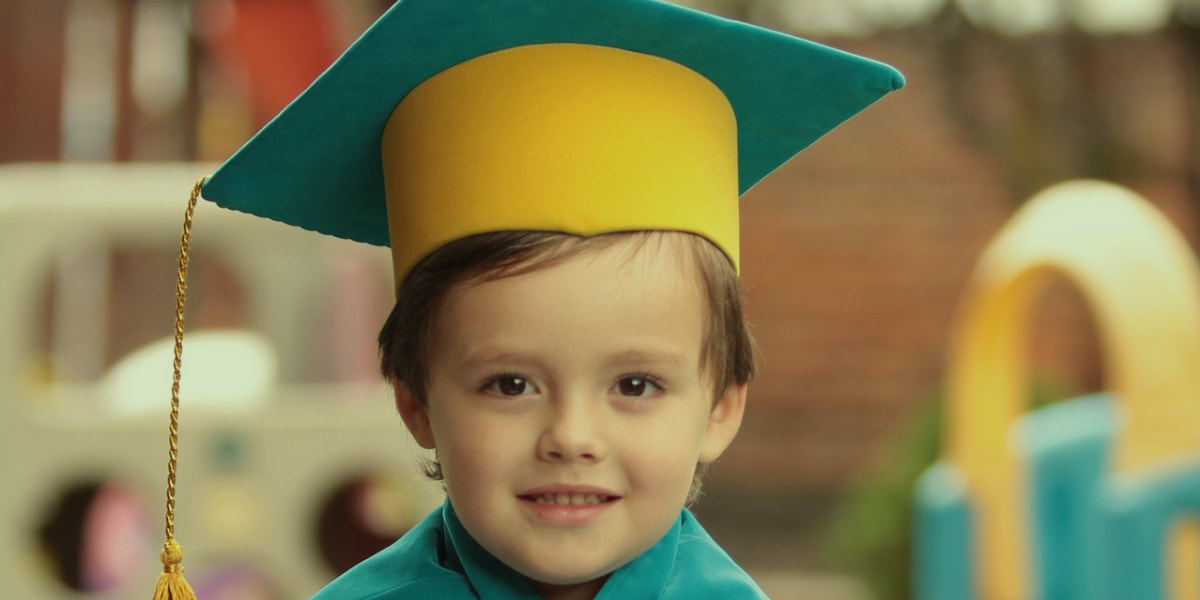
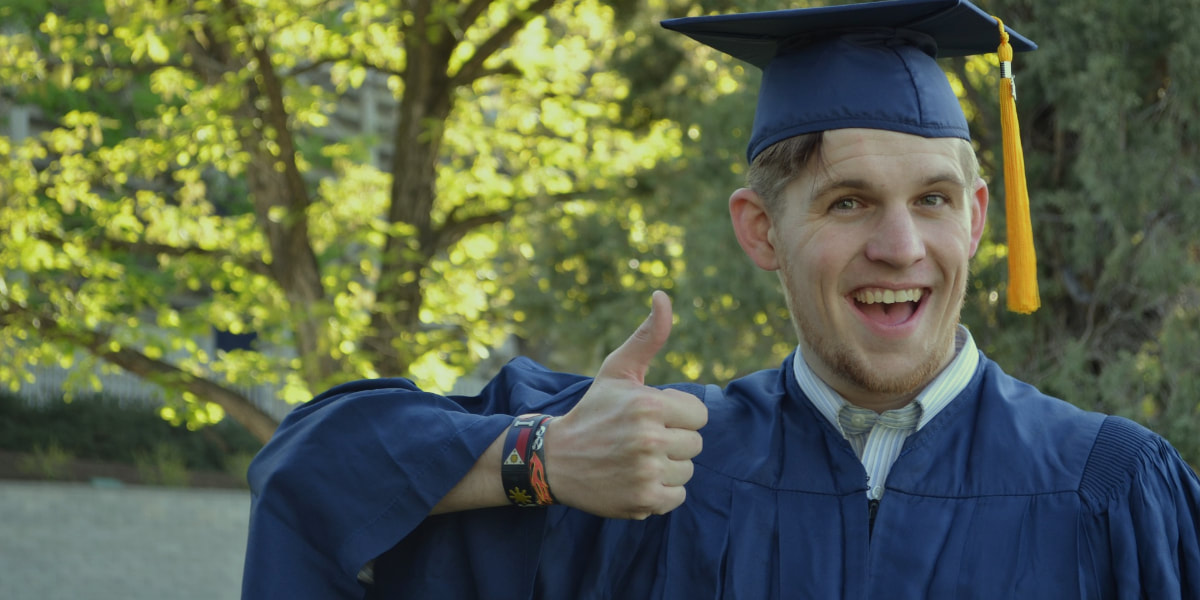
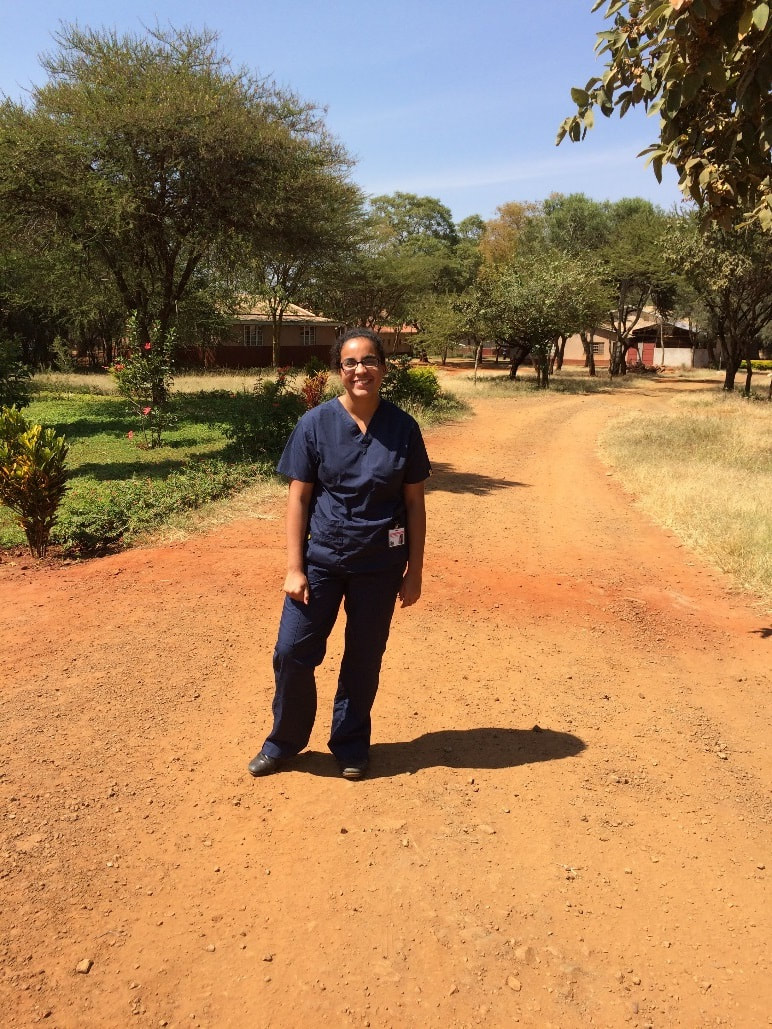
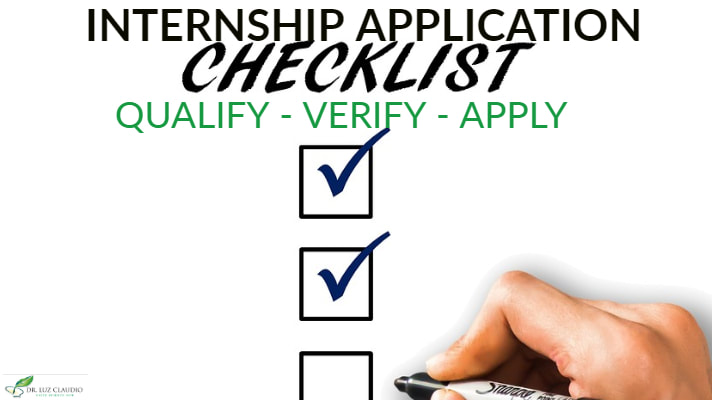
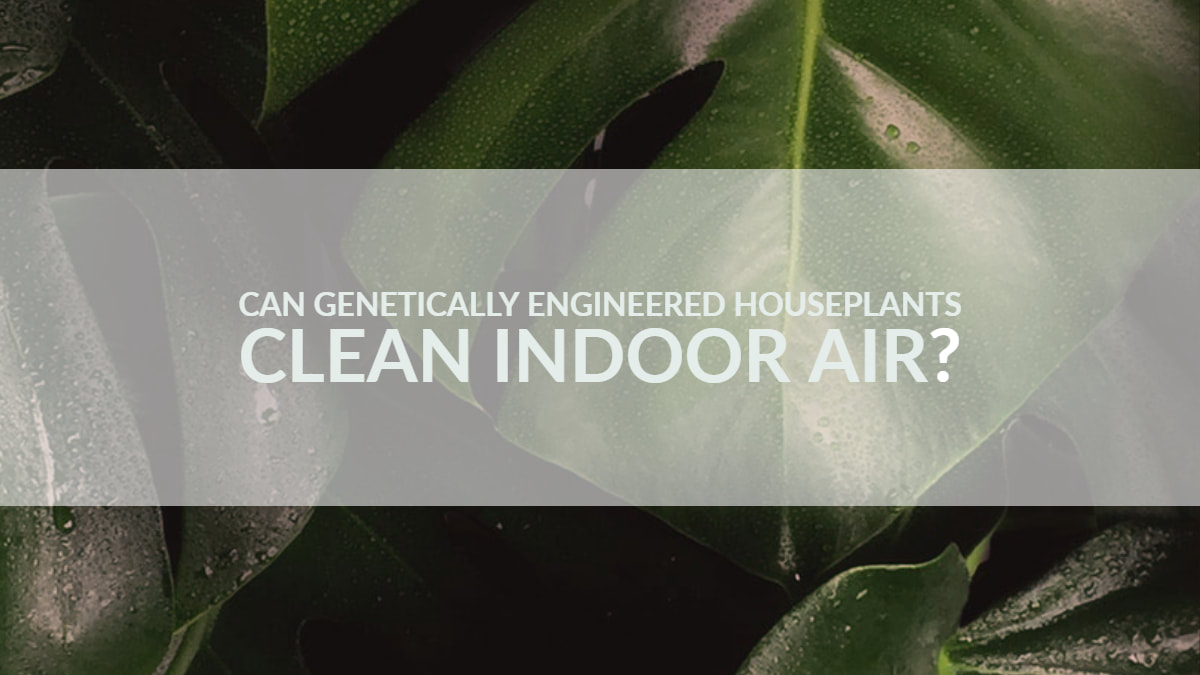
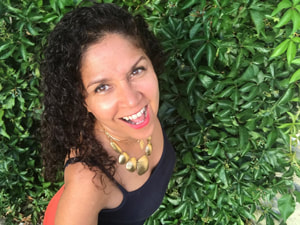
 RSS Feed
RSS Feed